Your cart is currently empty!
By
John Abraham
| UPDATED
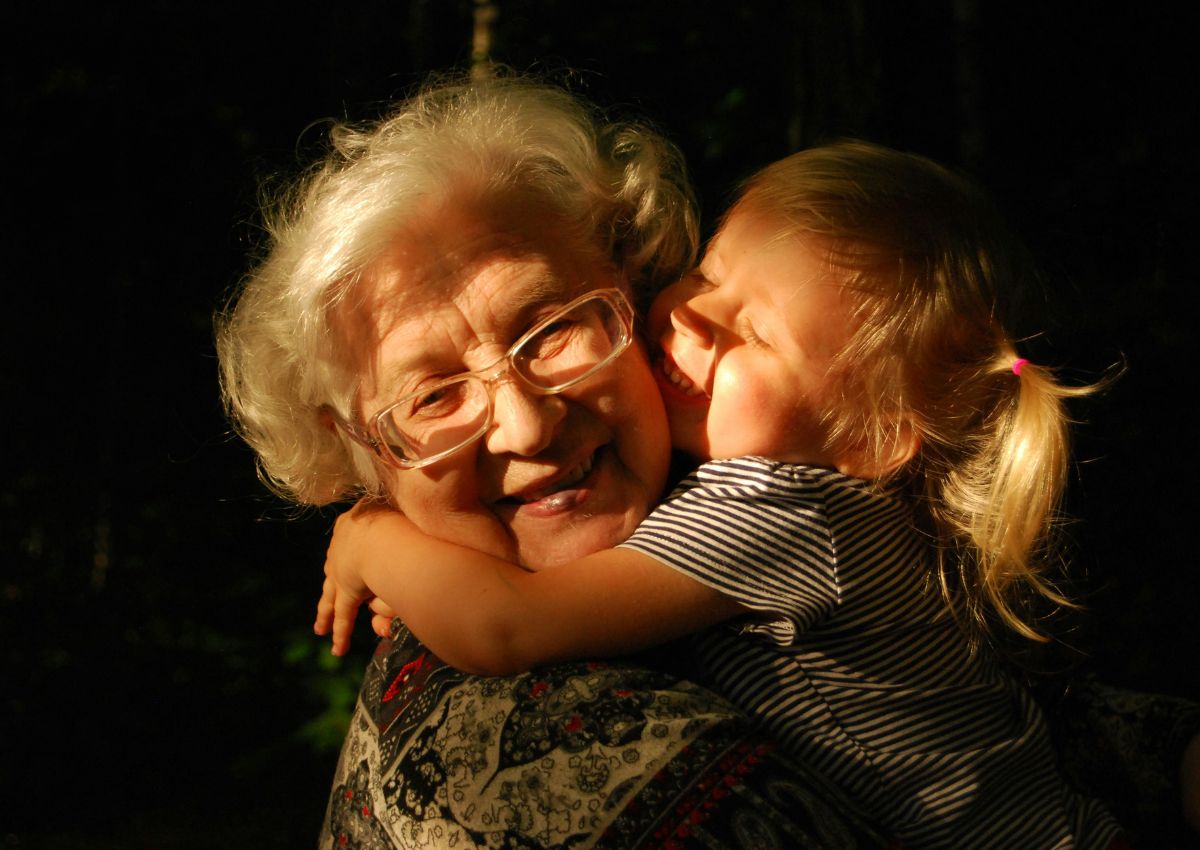
Grandkids often navigate complex emotions and fast-changing worlds. Sometimes they hesitate to share their thoughts, feelings, or struggles because they fear judgment. Grandparents have a unique opportunity to create a safe space for conversation simply through the words they use. Simple, non-judgmental phrases can show empathy, validate feelings, and open doors to deeper connections.
35. “I’m here to listen whenever you want.”

Offering unconditional availability communicates that you value their thoughts and aren’t rushing them to speak. Kids feel pressure to respond quickly or meet expectations, so letting them know they control the timing creates trust. Even silence becomes a space of comfort when they know someone genuinely waits to hear them without judgment. This phrase reassures grandkids that their voice matters, and that opening up is entirely their choice, building long-term emotional security.
34. “It’s okay to feel that way.”

Acknowledging emotions without labeling them as good or bad helps grandkids feel understood. Children and teens often internalize shame around strong feelings or uncertainty. Saying this phrase validates their experience and encourages honest sharing, letting them explore their emotions safely without fear of correction. It communicates empathy and reassurance, helping young people develop emotional literacy and confidence in expressing complex feelings without hesitation.
33. “Take your time; there’s no rush.”
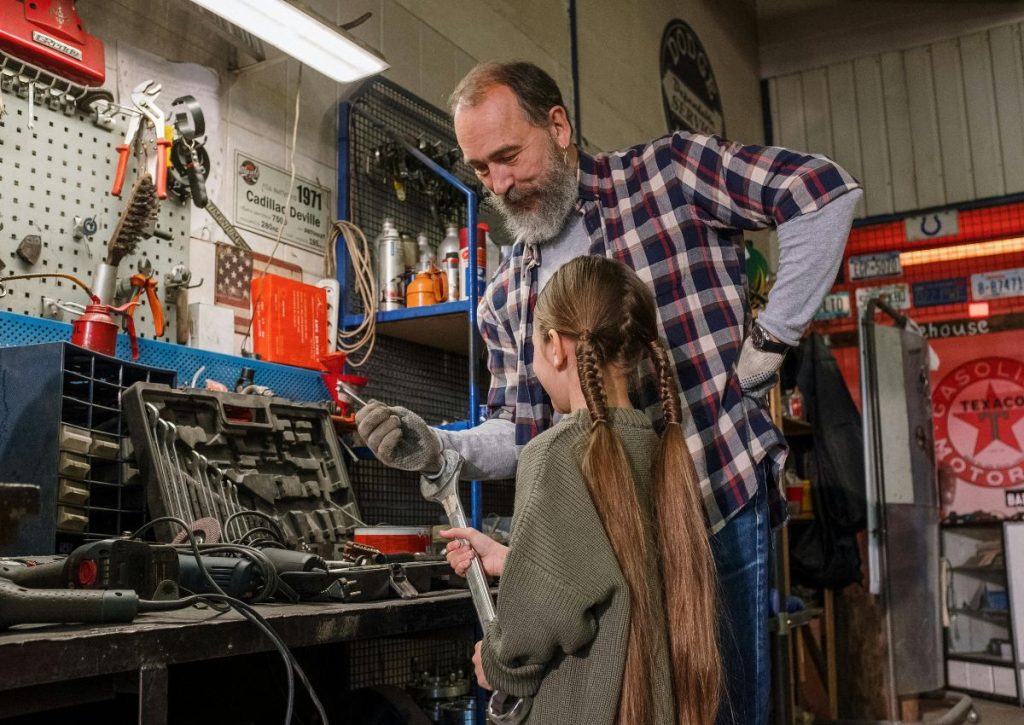
Grandkids process thoughts differently, and pressuring them to answer immediately can shut down conversation. By emphasizing patience, you demonstrate respect for their thinking process and provide a low-pressure environment. This allows them to articulate feelings, ideas, or questions at their own pace. They begin to associate conversations with calm reflection rather than stress, which fosters a habit of open and thoughtful communication over time.
32. “I can’t imagine exactly how that feels, but I want to understand.”
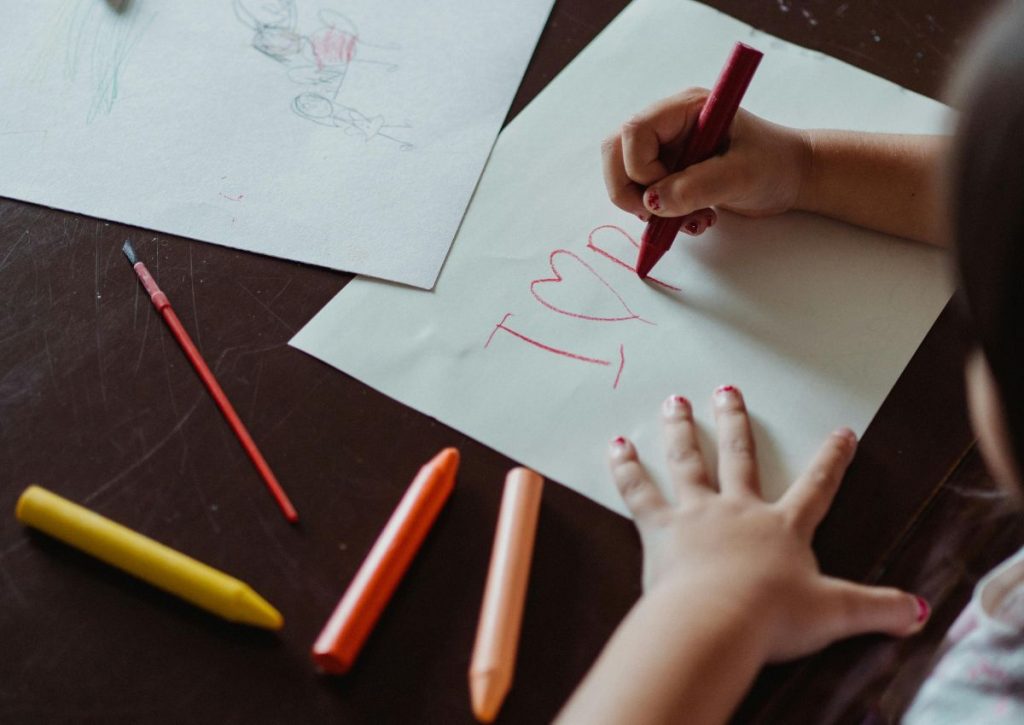
This phrase shows empathy without pretending to know everything. It communicates humility and curiosity, encouraging grandkids to explain their perspective. They learn that their experience is valid, and your interest is genuine. This type of phrase strengthens bonds because it signals that understanding, not judgment, is the goal. It also teaches young people that emotions are complex, and being listened to is sometimes more valuable than receiving advice.
31. “What matters to you most right now?”
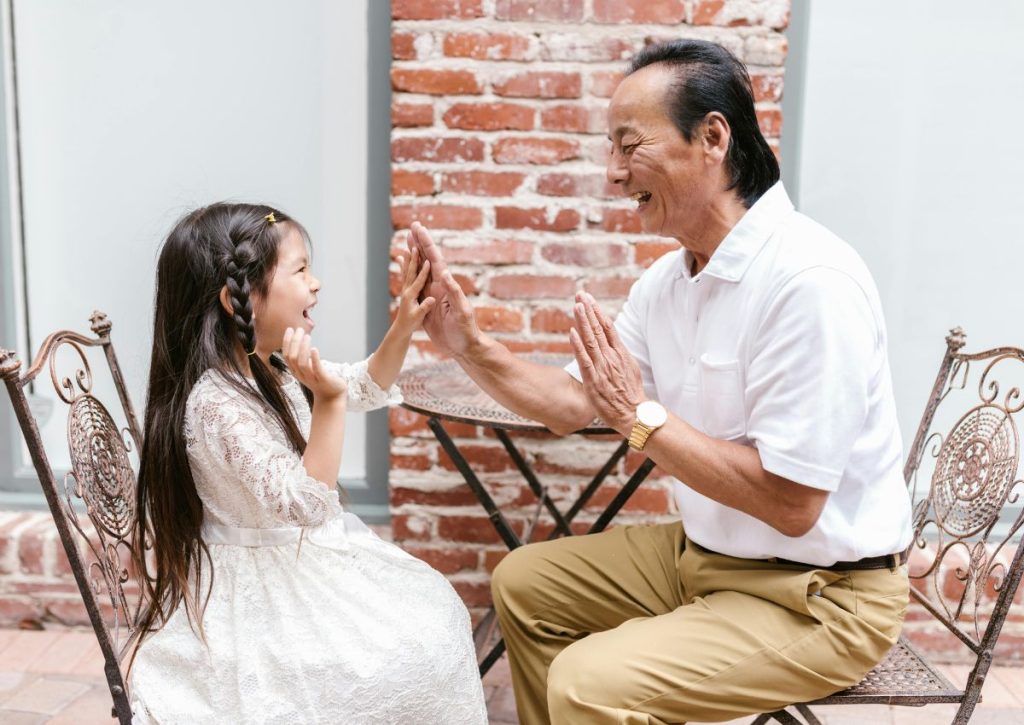
Asking about priorities allows grandkids to express what’s truly important to them, rather than what adults assume is important. It shifts focus away from adult expectations and validates their perspective. This phrase invites reflection, encourages self-awareness, and signals that you respect their individuality in making choices or sharing opinions. Kids feel empowered when their priorities are recognized, strengthening trust and promoting honest communication.
30. “I believe you.”
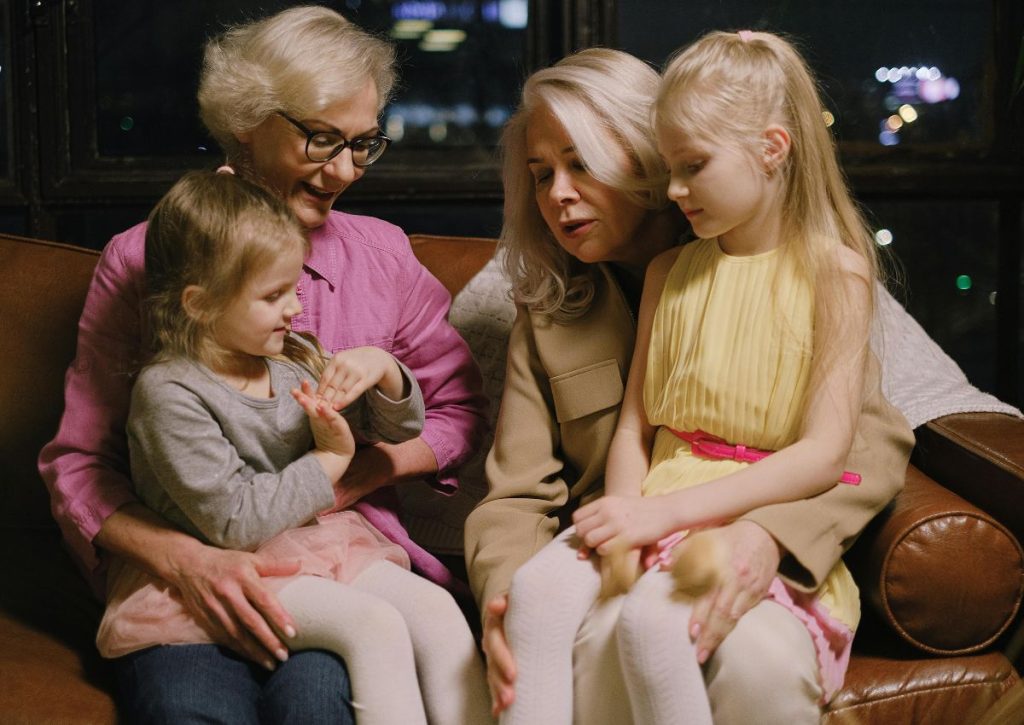
Children and teens often fear skepticism when disclosing feelings or experiences. A simple statement of belief builds trust immediately. They learn that their words carry weight and that your support is unwavering. This phrase reinforces the idea that sharing concerns is safe and worthwhile, laying the groundwork for open discussions in the future. It also models a non-judgmental approach that kids can emulate in their own relationships.
29. “Tell me more about that.”
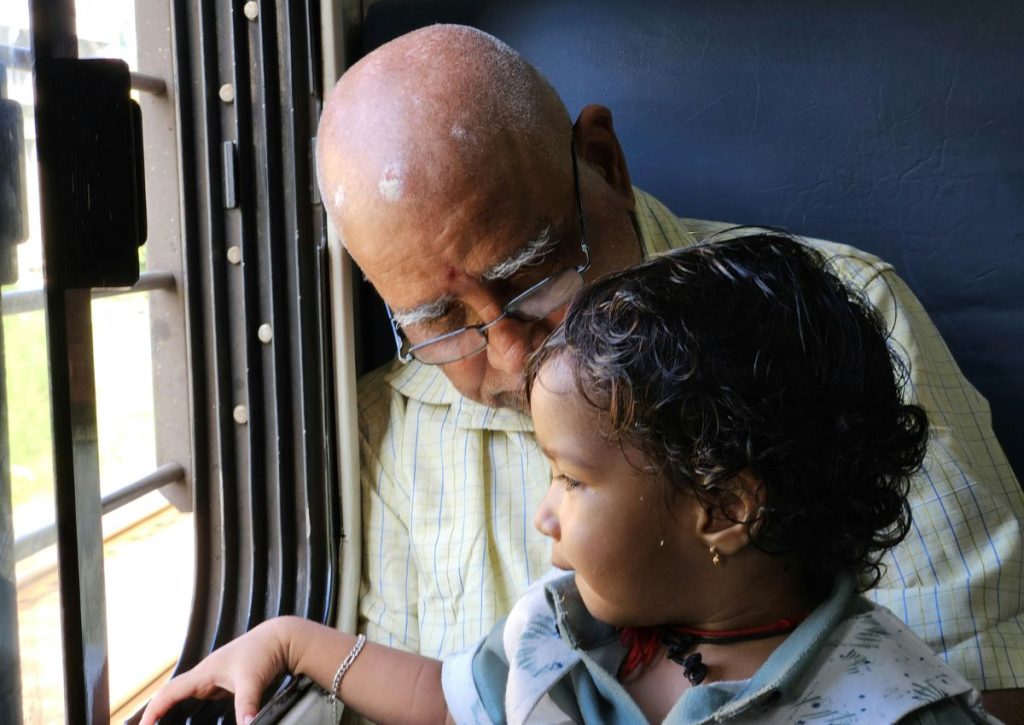
Open-ended prompts like this show genuine interest and invite elaboration. Instead of offering solutions prematurely, you create space for them to fully express themselves. Grandkids sense when curiosity is authentic versus perfunctory, making this phrase a powerful tool for connection. Encouraging detail and reflection helps young people articulate thoughts and emotions clearly, strengthening their self-expression while building confidence in their ability to communicate openly with trusted adults.
28. “I don’t have all the answers, but I’ll help you think it through.”
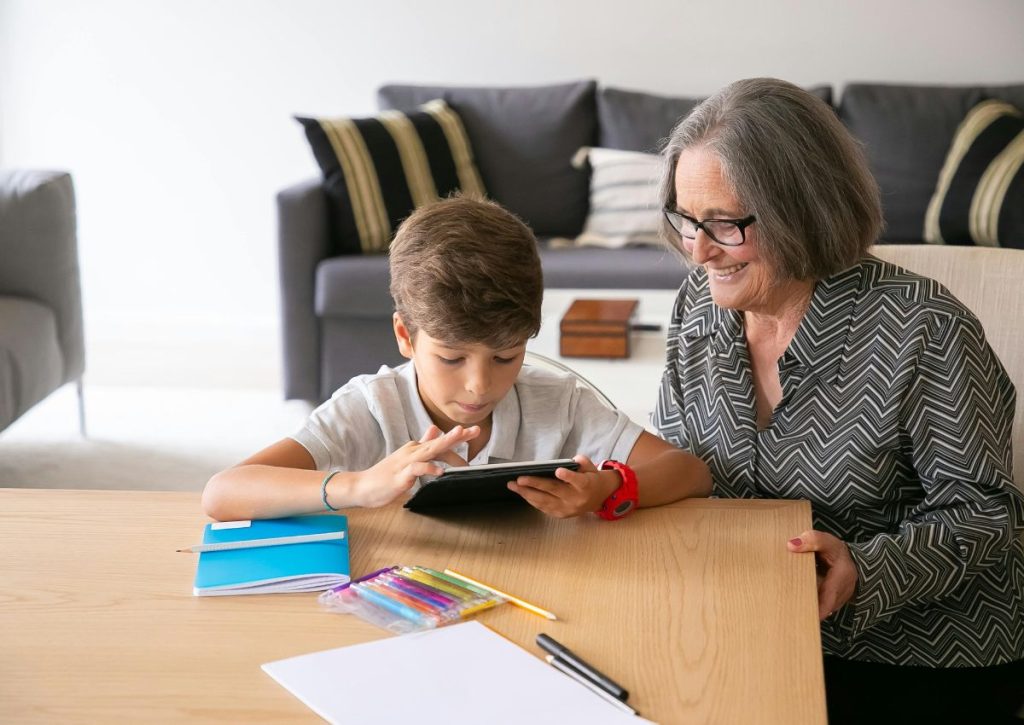
Acknowledging your limits while offering guidance fosters collaboration rather than judgment. It empowers grandkids to explore solutions without fear of being corrected or dismissed, making them feel capable and respected. This approach emphasizes problem-solving together and shows that asking questions or seeking help is normal. It encourages independence and critical thinking while maintaining a supportive and understanding presence that children can rely on.
27. “Your feelings are important to me.”

Validating emotions explicitly reinforces self-worth. Kids often believe adult priorities overshadow their concerns. Expressing that their feelings matter demonstrates care, encourages vulnerability, and strengthens emotional bonds between generations. Children who feel heard are more likely to share in the future and trust that their thoughts and emotions will be treated with respect, which is essential for building long-lasting, meaningful relationships.
26. “I’m proud of your effort, not just the outcome.”

Recognizing process over result removes pressure to achieve perfection. Grandkids who fear criticism may hide struggles. Praising effort signals that their attempts and persistence are valued, fostering resilience and the confidence to share challenges honestly. This phrase reinforces that learning and growth matter more than winning or being flawless, teaching them to embrace setbacks and reflect openly on personal experiences without shame.
25. “I respect your opinion.”
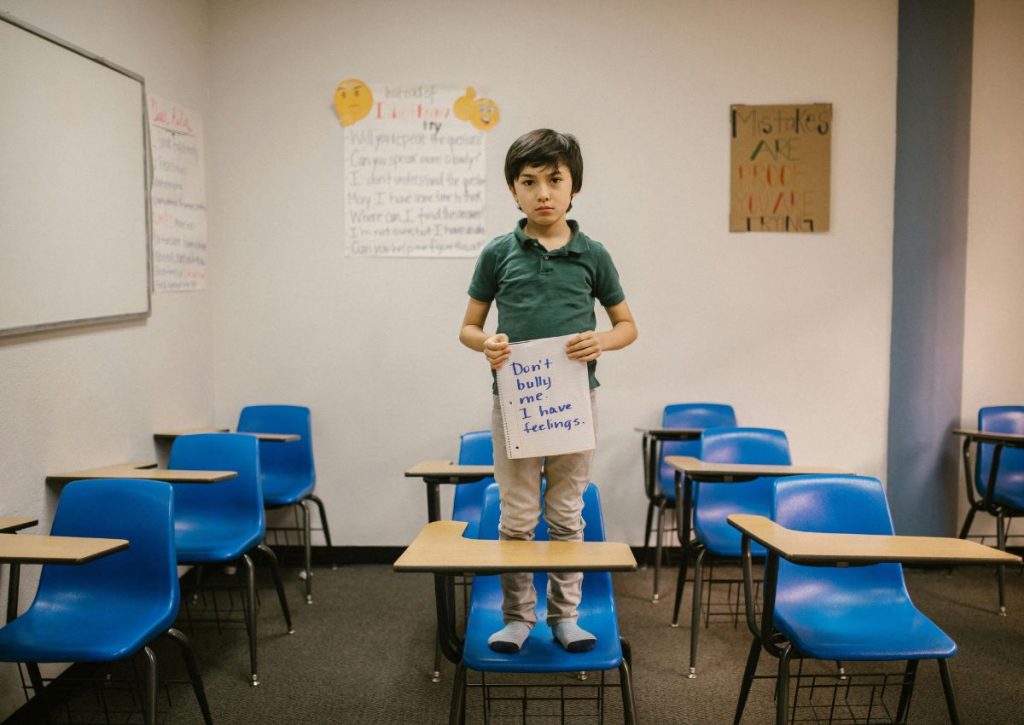
Acknowledging their perspective builds trust and shows that differing views are valued. Grandkids often hesitate to speak when they fear disagreement or dismissal. By expressing respect for their opinion, you create a safe space for dialogue and critical thinking. This phrase teaches them that being heard is more important than being “right,” encourages honesty, and helps them feel empowered to share ideas without fear of judgment or ridicule.
24. “Everyone makes mistakes; it’s part of learning.”
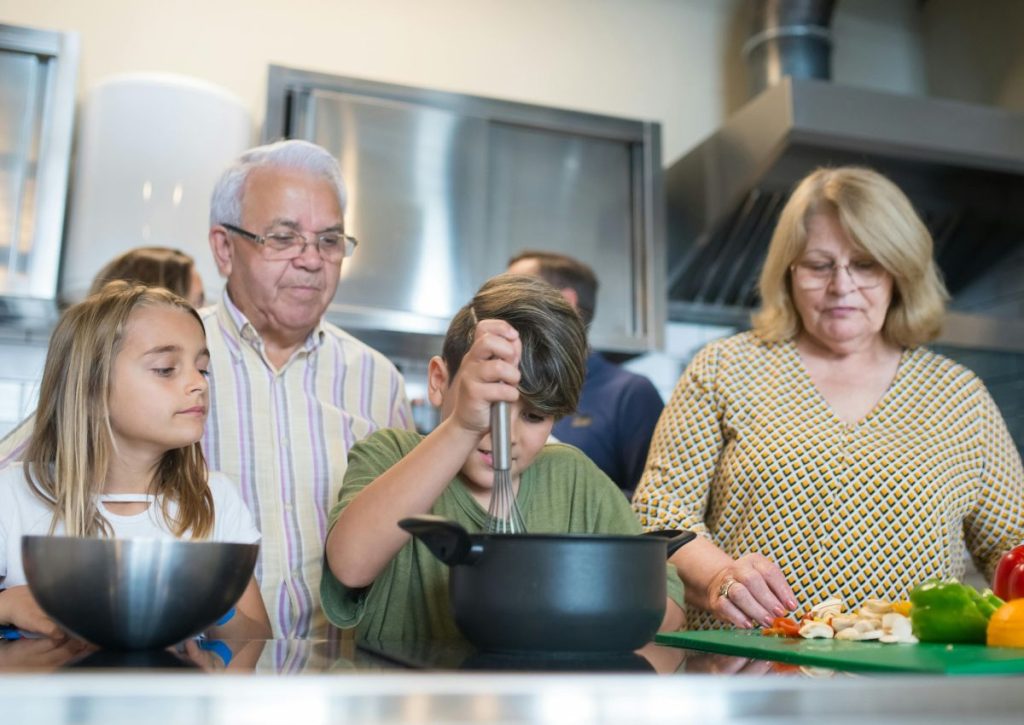
Normalizing mistakes reduces shame and encourages honesty. Children often hide failures to avoid criticism. This phrase reminds them that mistakes are universal and valuable learning opportunities. It fosters resilience, promotes reflective thinking, and opens conversations about challenges, decisions, and growth. Grandkids learn that sharing setbacks isn’t a sign of weakness but a step toward improvement, making them more comfortable confiding in you.
23. “I’m interested in what you think, not just what I think.”
This phrase emphasizes equality in conversation and signals that their ideas have value. Grandkids often encounter adults who dominate dialogue or impose solutions. By prioritizing their thoughts, you demonstrate trust, respect, and genuine curiosity. It empowers them to articulate opinions, explore perspectives, and develop confidence in their reasoning skills. Over time, this approach strengthens the bond, encouraging open communication without fear of judgment.
22. “It’s okay if you don’t have an answer right now.”
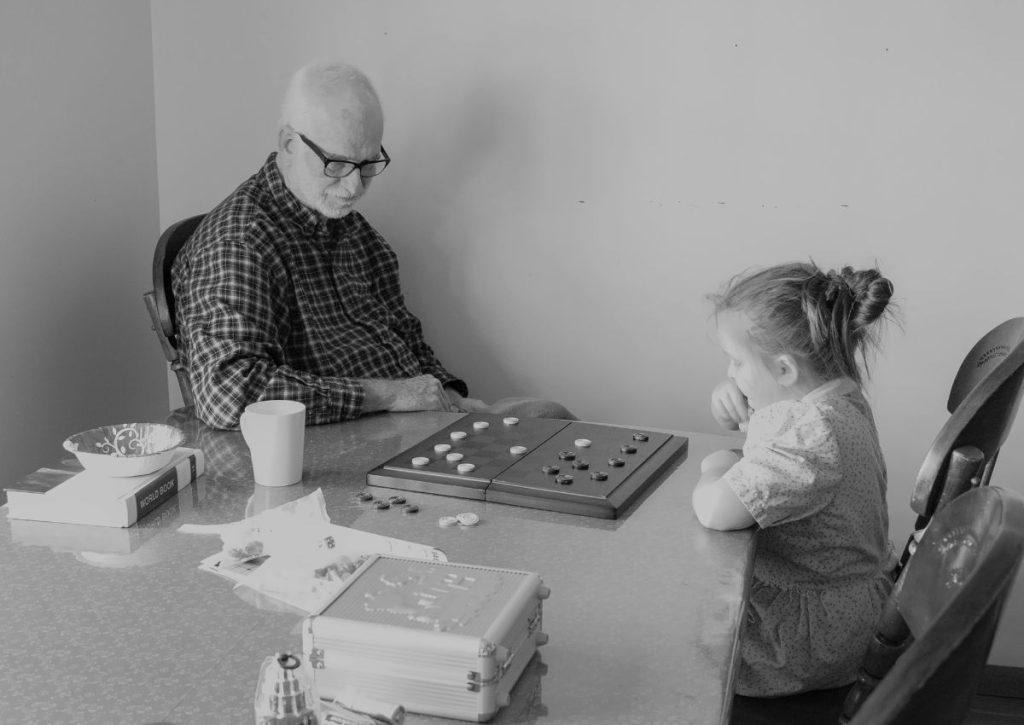
Grandkids may feel pressured to respond immediately, which can block honest expression. This phrase removes that pressure, reinforcing patience and understanding. It shows that reflection is acceptable and that sharing isn’t a performance. By allowing space to think, you demonstrate respect for their thought process and create an environment where they feel safe to explore emotions or ideas, fostering trust and encouraging deeper, more meaningful conversations.
21. “I want to understand your side of the story.”
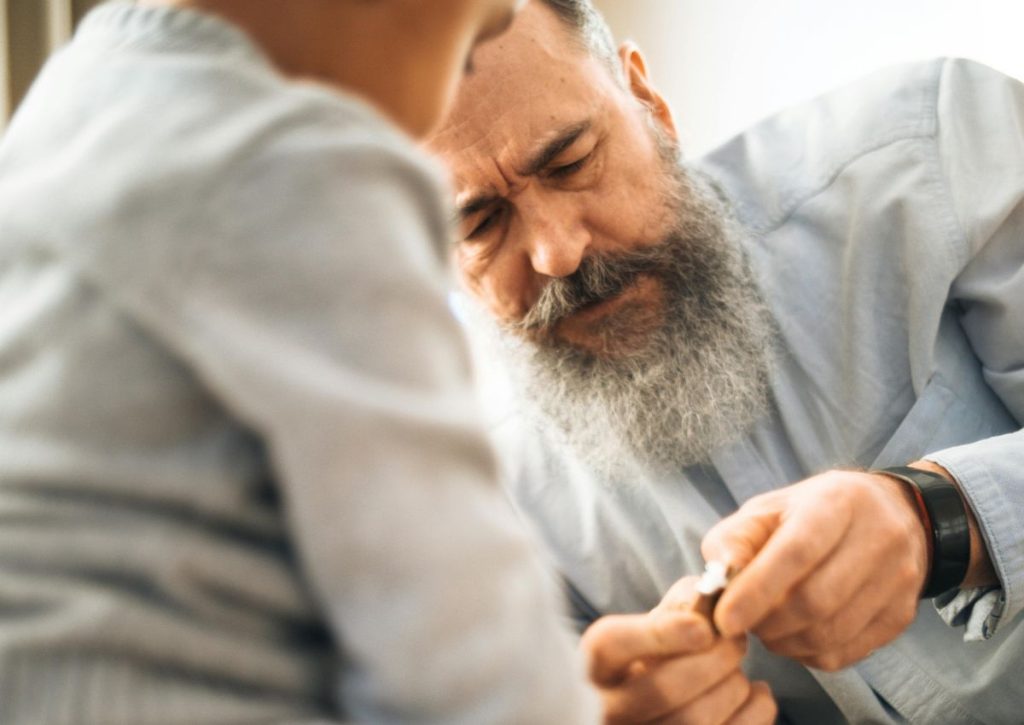
Inviting them to share their perspective without assumptions signals openness and empathy. Children and teens are more likely to reveal feelings when they feel their viewpoint is genuinely valued. This phrase discourages defensive responses, fosters active listening, and encourages communication rooted in trust. It also models conflict resolution skills and empathy, teaching grandkids that expressing emotions and being heard are both important in healthy relationships.
20. “You don’t have to explain if you’re not ready.”
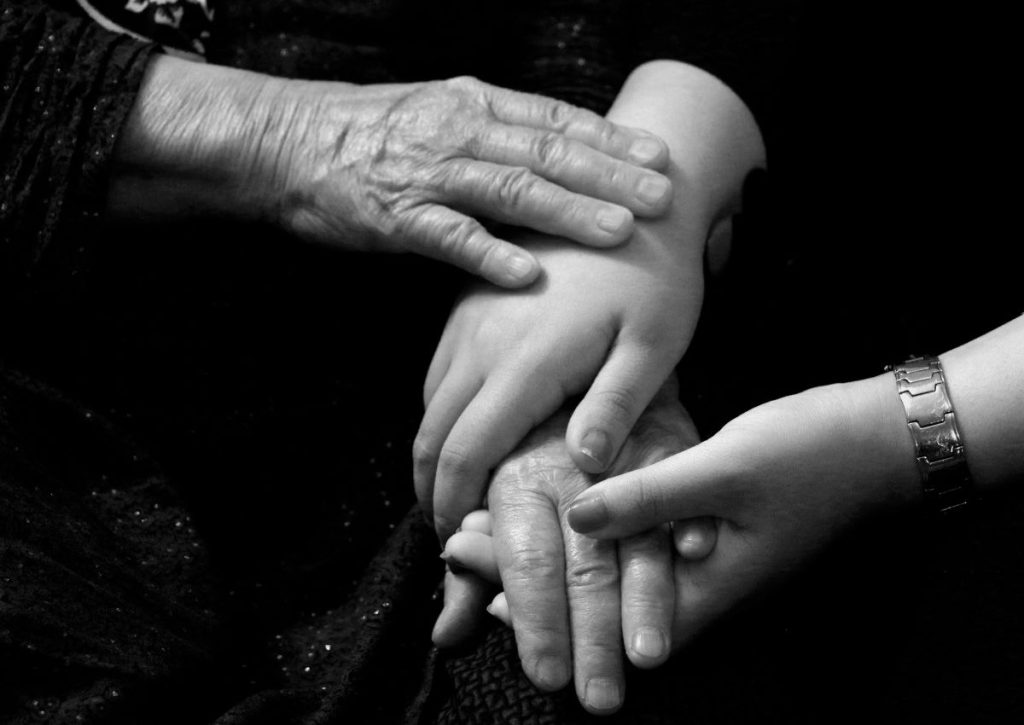
Respecting readiness to share prevents feelings of coercion or vulnerability. Grandkids may withhold emotions when pressured. By affirming their choice, you validate autonomy and create trust. Over time, they associate conversations with safety, not obligation, which encourages gradual openness. This phrase reassures them that you value their comfort, helping build a strong, secure relationship where sharing comes naturally rather than being forced.
19. “I notice how hard you’re trying.”

Recognizing effort communicates that their dedication matters more than perfection. Grandkids often fear judgment for mistakes or slow progress. Highlighting effort validates persistence, reduces anxiety, and encourages honesty about struggles. It also models appreciation for hard work and resilience. They learn that their experiences, even when imperfect, are valued, which motivates them to share challenges, dreams, and accomplishments with confidence and trust.
18. “I appreciate your honesty.”
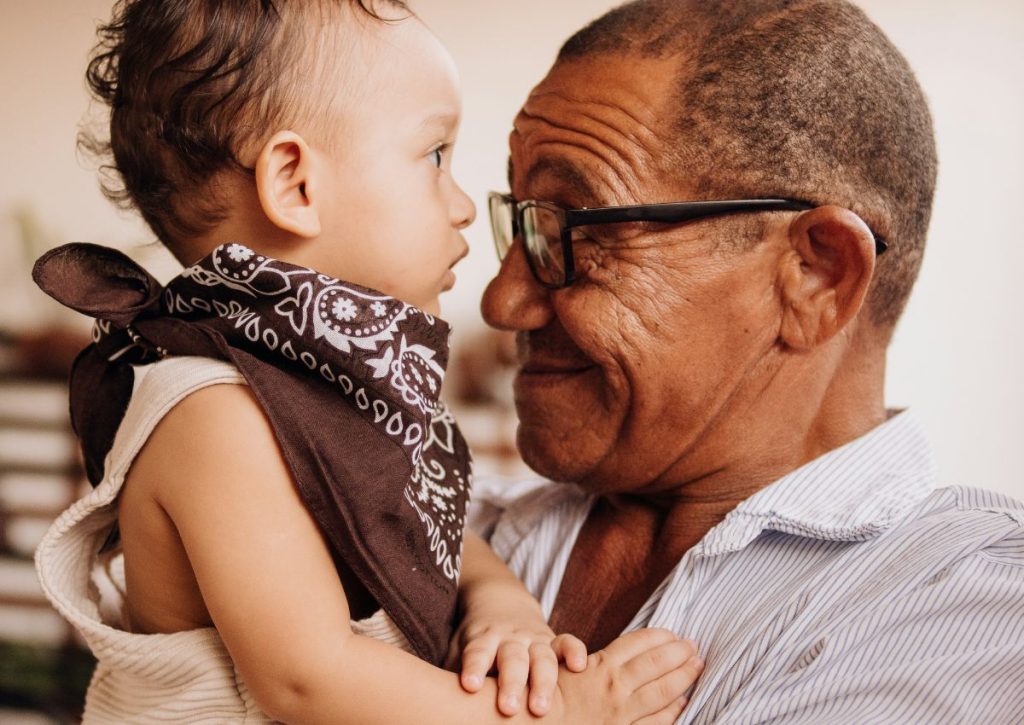
Explicitly valuing truthfulness reinforces the idea that being candid is safe and respected. Grandkids may avoid opening up if they fear criticism. By acknowledging honesty, you teach that vulnerability is welcomed and admired. This phrase strengthens the emotional bond, encourages integrity, and makes children more comfortable discussing feelings, mistakes, and successes. Over time, they associate you with a safe space for candid conversations without fear of judgment.
17. “I’m on your side.”

Affirming your support reassures grandkids that they’re not alone, even when facing challenges or mistakes. Feeling “against the world” can discourage openness, but this phrase communicates loyalty, empathy, and unconditional support. They learn that they can approach you with problems or worries, knowing you will listen without criticism. This sense of security fosters trust, strengthens relationships, and encourages consistent communication over time.
16. “Your feelings make sense to me.”
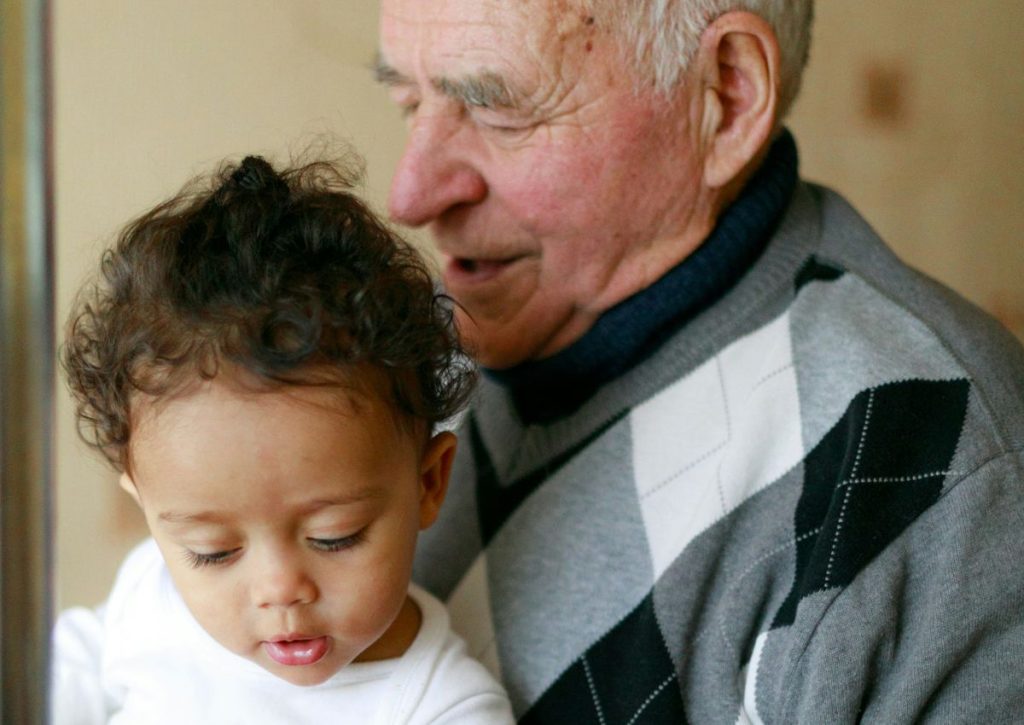
Acknowledging the logic behind their emotions validates their perspective and reduces self-doubt. Children and teens often internalize confusion or guilt about how they feel. By recognizing that their emotions are understandable, you create a safe environment for sharing. This phrase fosters emotional literacy, encourages open discussion about complex feelings, and demonstrates empathy, reinforcing that their internal experiences are valued and worthy of attention.
15. “What do you need from me right now?”

Offering help without imposing solutions empowers grandkids to express needs. They often struggle to ask for support directly. This phrase demonstrates respect, attentiveness, and responsiveness. It encourages self-advocacy, fosters trust, and ensures assistance is meaningful. By letting them define what’s helpful, you validate their autonomy while building a nurturing environment where they feel supported, understood, and comfortable seeking guidance.
14. “It’s okay to disagree.”

Children sometimes fear expressing differing opinions. This phrase signals that disagreement is natural and safe. Grandkids learn that sharing ideas or challenging viewpoints won’t damage relationships. It encourages critical thinking, self-confidence, and open communication. By normalizing respectful debate, you teach problem-solving, active listening, and empathy, creating an environment where honesty is welcomed and opinions are valued without fear of judgment or conflict.
13. “I trust you to make decisions.”
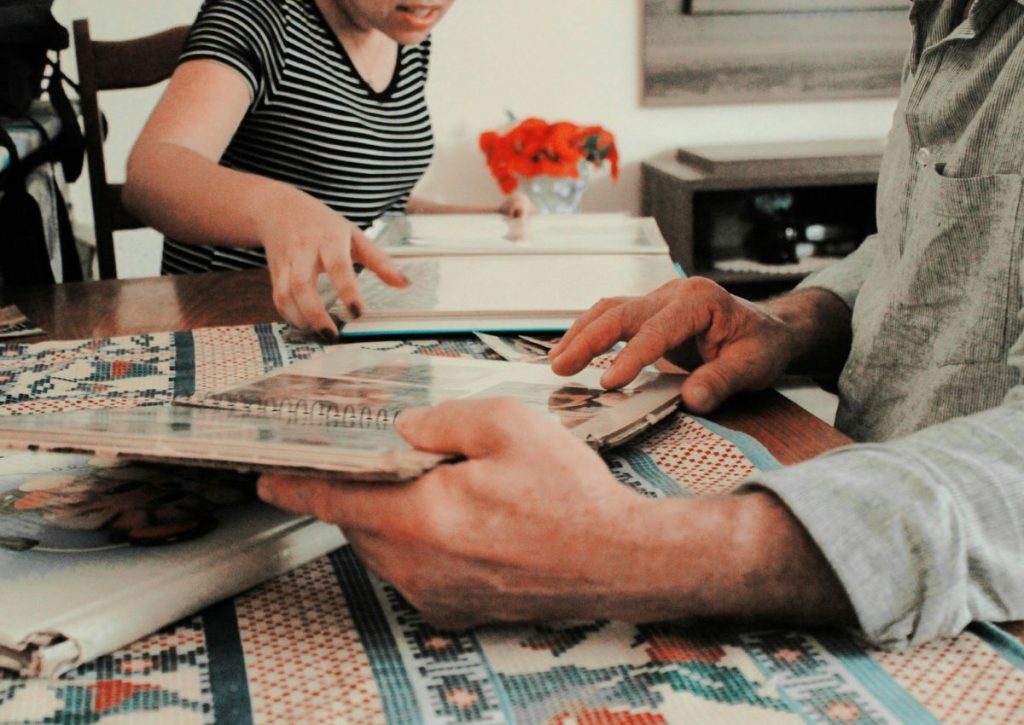
Expressing trust boosts confidence and promotes responsibility. Grandkids who feel micromanaged may withdraw or hide choices. This phrase communicates belief in their judgment and fosters independence. It empowers them to reflect on consequences, seek advice when needed, and share decisions openly. Over time, this trust strengthens bonds, encourages accountability, and positions you as a supportive figure who guides without controlling, fostering honest dialogue.
12. “You don’t have to be perfect.”
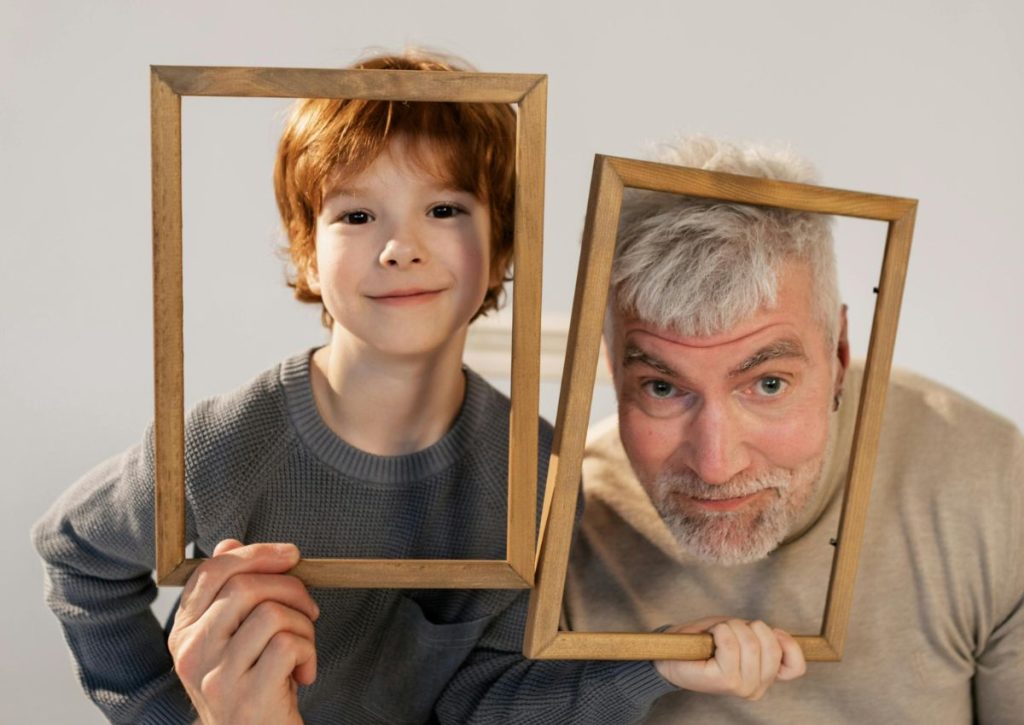
Removing the pressure of perfection encourages authenticity. Children often mask struggles or emotions to meet expectations. This phrase reassures them that mistakes and vulnerabilities are acceptable. They feel safer sharing insecurities, challenges, and personal growth. Emphasizing that effort and honesty matter more than flawless results helps grandkids develop resilience, self-acceptance, and a willingness to communicate openly about successes and setbacks alike.
11. “I care more about you than the outcome.”

Prioritizing their well-being over achievements reinforces unconditional love. Grandkids may fear judgment based on results. This phrase communicates that their feelings, choices, and experiences matter most. It encourages openness, reduces anxiety, and strengthens trust. They are more likely to share challenges, triumphs, and everyday experiences knowing that your support isn’t contingent on performance or perfection, fostering a secure and empathetic relationship.
10. “What’s bothering you?”

A direct, gentle invitation to express concerns signals attentiveness. Grandkids may hesitate to speak if they fear judgment or dismissal. Asking openly demonstrates interest, care, and availability. It allows them to articulate feelings, clarify problems, and receive guidance when needed. This phrase encourages reflective thinking, validates emotional experiences, and fosters a habit of sharing challenges in a supportive environment, strengthening bonds and emotional intelligence.
9. “How can I help you feel better?”
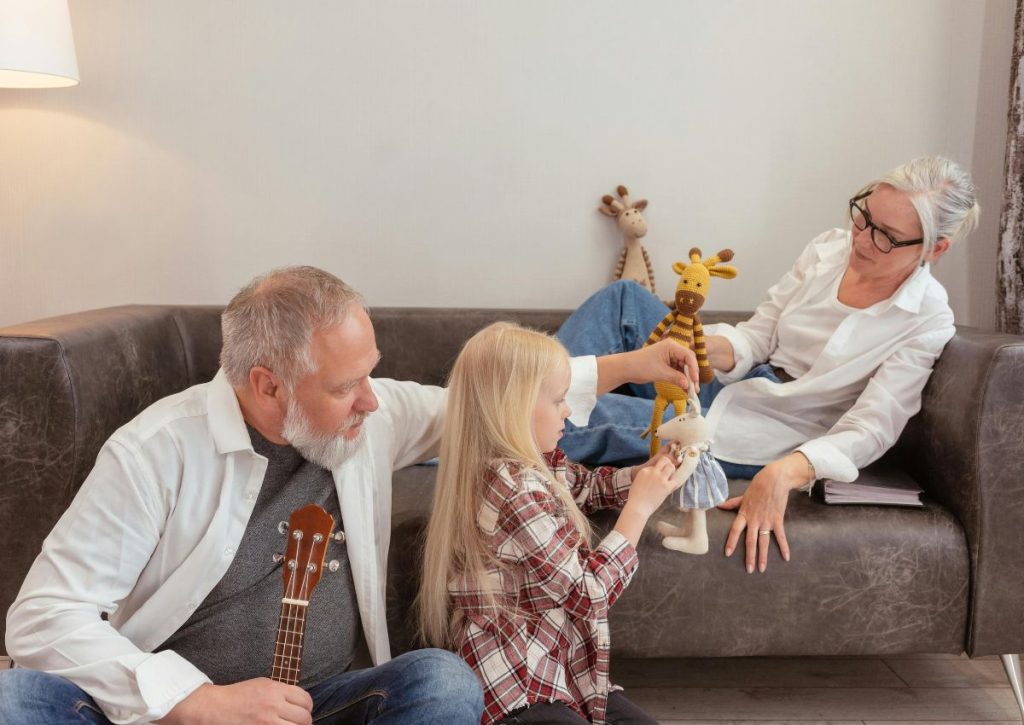
Offering emotional support without taking control encourages autonomy. Grandkids learn to express needs while knowing support is available. This phrase validates feelings and demonstrates care, empathy, and attentiveness. It fosters problem-solving skills, emotional awareness, and trust, showing that you are a safe, non-judgmental presence. They are more likely to communicate openly about struggles when they know help is offered without pressure or criticism.
8. “It’s brave to share that.”
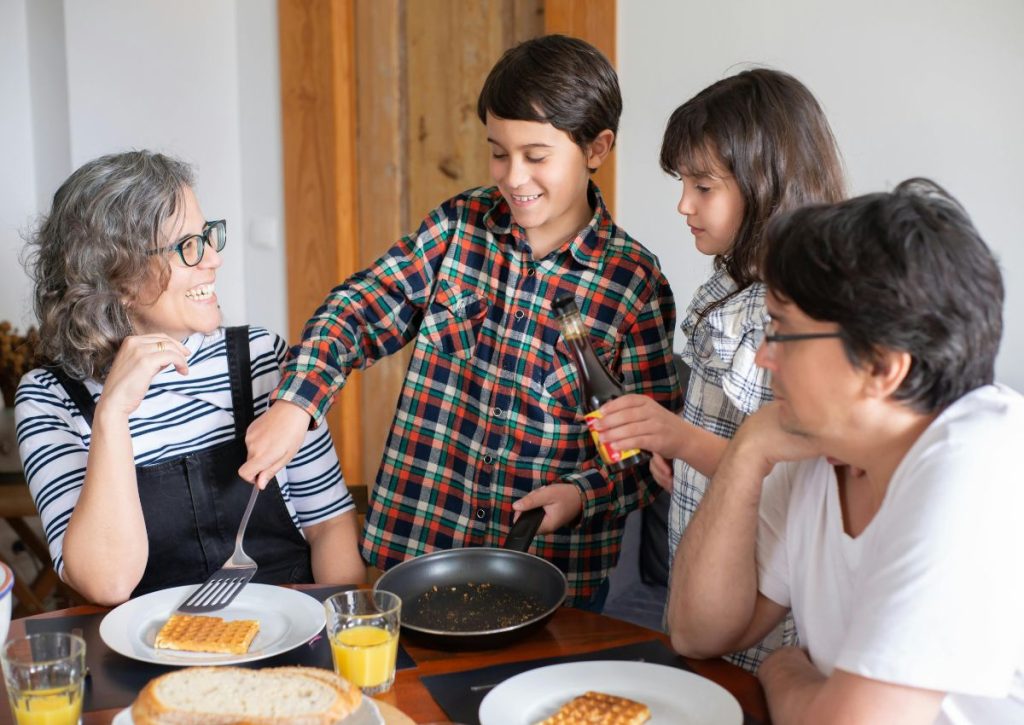
Acknowledging courage reinforces positive behavior and validates vulnerability. Grandkids often hide feelings for fear of judgment. Highlighting bravery encourages them to continue opening up and strengthens emotional resilience. They learn that expressing emotions, fears, or doubts is valued and respected. Over time, this phrase builds confidence, reinforces trust, and demonstrates that honesty is more important than fear, promoting a safe space for ongoing dialogue.
7. “You’re allowed to feel however you feel.”

Providing unconditional validation normalizes emotions. Grandkids may suppress feelings to meet expectations. This phrase communicates acceptance and reduces guilt or shame. It encourages authenticity, reflection, and healthy coping strategies. By showing that every emotion has value, you create an environment where children and teens can express themselves freely, fostering trust, emotional intelligence, and a secure connection that supports long-term communication.
6. “I’m not judging you.”

Explicit reassurance removes fear of criticism. Grandkids may hesitate to open up due to past reactions or perceived standards. Stating this phrase communicates acceptance, safety, and unconditional support. It reinforces trust, encourages honesty, and ensures that sharing challenges, mistakes, or opinions doesn’t compromise the relationship. Children and teens are more likely to engage in meaningful conversations when judgment is explicitly removed from the interaction.
5. “You can tell me anything.”

An open invitation signals unconditional trust and availability. Grandkids often hold back if unsure about reactions. This phrase reassures them that honesty is welcome and that they can share fears, dreams, or everyday thoughts without consequence. Over time, it builds consistent communication habits, reinforces your role as a safe and supportive adult, and nurtures emotional security, creating a foundation for a lifelong, open dialogue.
4. “I’m listening.”
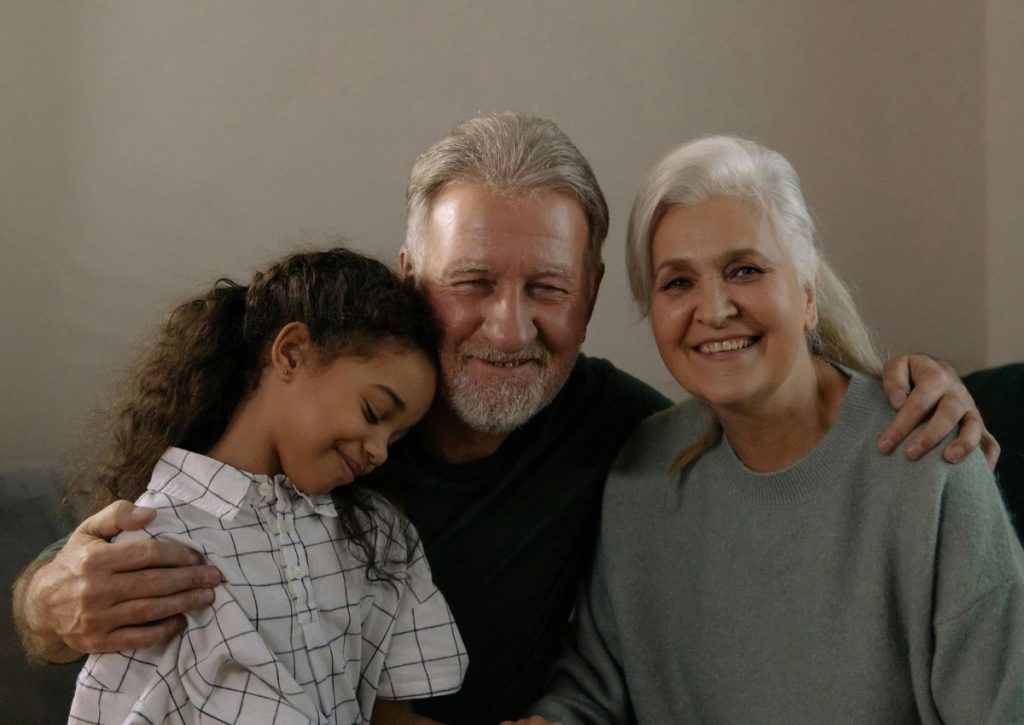
A simple declaration of presence emphasizes attention and care. Children and teens may feel unheard in fast-paced or distracted environments. This phrase encourages them to speak fully and honestly, knowing that their words are valued. It reinforces connection, models active listening, and promotes trust. Grandkids are more likely to confide when they know they are truly being heard, without interruption, judgment, or unsolicited advice.
3. “Thank you for sharing that with me.”
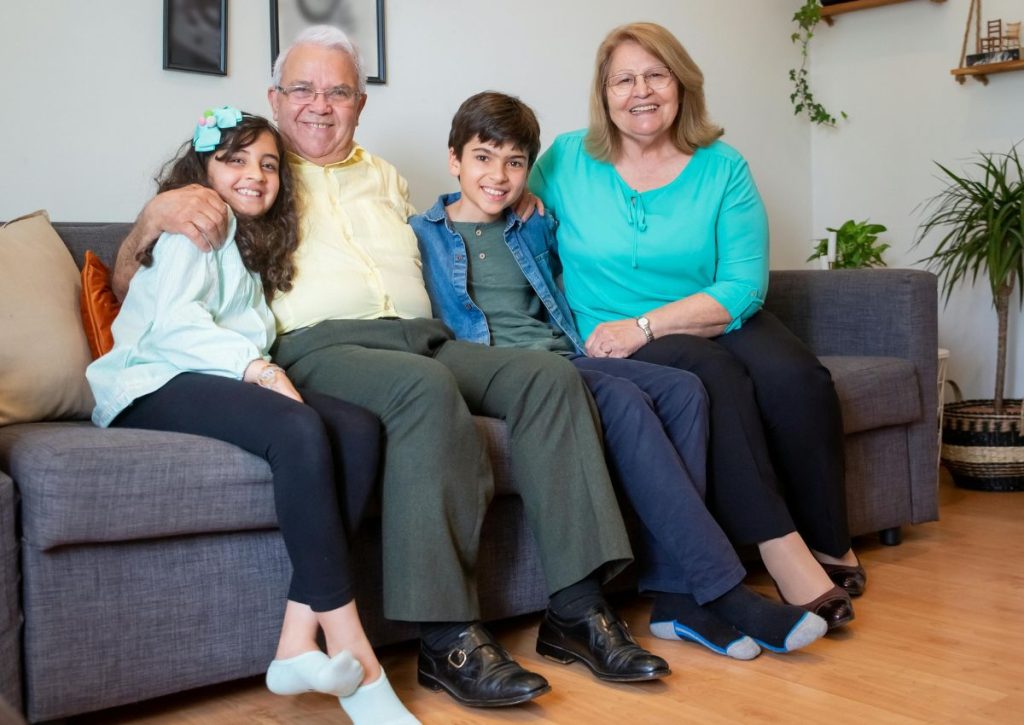
Expressing gratitude reinforces the value of openness. Grandkids may fear their honesty is inconvenient or trivial. This phrase acknowledges their effort to communicate and celebrates trust. It fosters positive reinforcement, encourages further sharing, and strengthens the emotional bond. Children learn that expressing thoughts, emotions, or experiences is meaningful, appreciated, and safe, making them more likely to open up in the future.
2. “I understand.”
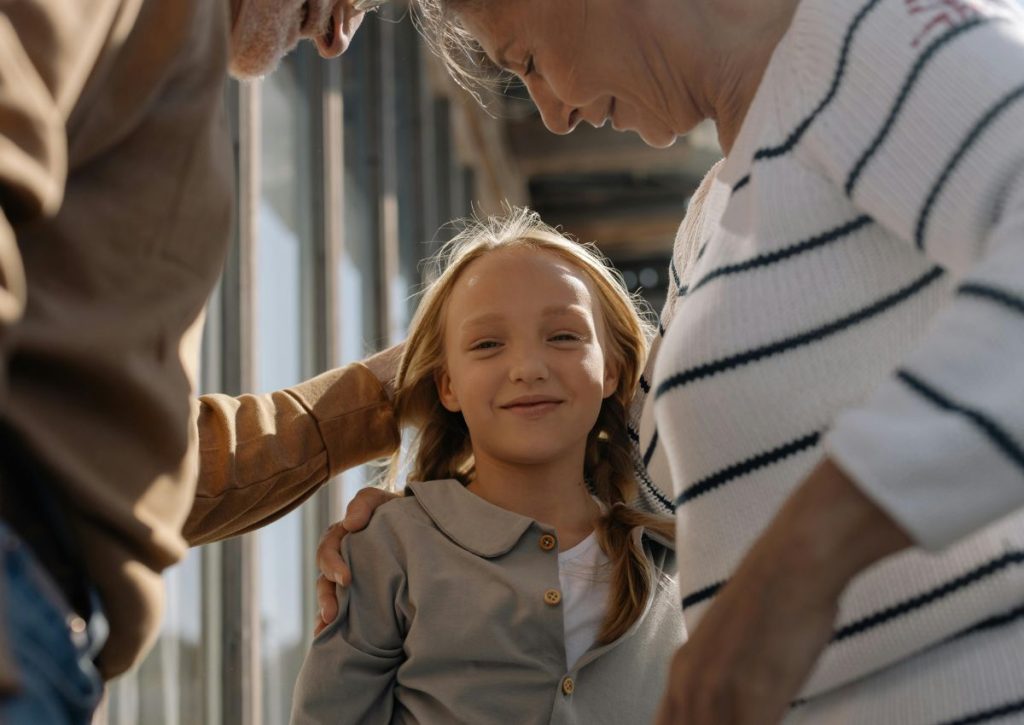
Communicating comprehension validates feelings and reduces isolation. Grandkids often feel misunderstood or dismissed. Saying “I understand” conveys empathy and connection, even if you haven’t experienced the exact same situation. It encourages honesty, self-expression, and reflection, reinforcing the idea that their perspective is respected. This phrase fosters trust, emotional security, and the willingness to share challenges openly.
1. “I love you no matter what.”

The ultimate reassurance combines validation, acceptance, and unconditional support. Grandkids feel safe revealing anything when they know love isn’t conditional. This phrase fosters lifelong emotional security, strengthens family bonds, and builds trust that allows openness without fear of judgment or rejection. It underlines that sharing experiences—both joyful and difficult—is welcomed, valued, and deeply respected, creating a safe space for authentic communication.

